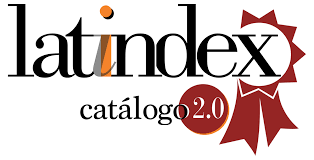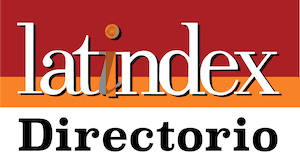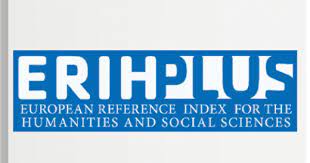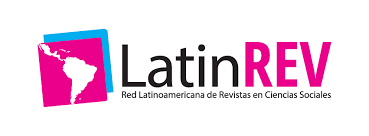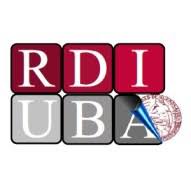“Tenemos razón y somos mayoría”: El movimiento estudiantil secundario chileno del 2006.
Resumen
El Movimiento Estudiantil Secundario del año 2006, conocido como “La Revolución de los Pingüinos”, significó el primer gran Movimiento Social en Chile, tras el regreso de la democracia en 1990. La ley de educación que regía el país desde la dictadura, condicionaba al sistema educativo a manejarse dentro de parámetros económicos neoliberales, lo que implicaba en la práctica que se sacrificara la calidad educativa en pos de beneficios económicos para los privados. Las movilizaciones estudiantiles pusieron en la palestra pública la crisis del sistema. Los secundarios pasaron de un ‘estado de red’ a uno de ‘confluencia’, debido principalmente a que enarbolaron un discurso crítico y consistente con respecto al tema de la educación, personificado en la Ley Orgánica Constitucional de Enseñanza (LOCE). Esta demanda permitió, en definitiva, entregar al movimiento fuerza, unidad y un discurso común, frente al cual, la comunidad escolar completa dirigió sus esfuerzos.
Palabras clave: Movimiento Social, Estudiantes Secundarios, Prácticas Asociativas, Asamblea, Educación, Neoliberalismo.
"We are right and we are the majority!" Secondary Student Movement in Chile (2000-2006)
Secondary Student Movement of 2006, known as "The Revolution of the Penguins", marked the first major social movement in Chile after the return of democracy in 1990. The education law that governed the country on dictatorship, determine the education system to handled within the neoliberal economic parameters, which meant in practice that educational quality is sacrificed in pursuit of economic benefits to private. The student demonstrations place in the public arena the crisis of the system. The student´s went from a 'network state' to one of 'confluence' mainly because they defend a critical discourse and consistent on the issue of education, embodied in the Constitutional Organic Law of Education (LOCE). This claim allowed, finally, to give the movement strength, unity and a common discourse, against which the whole school community focused its efforts.
Key words: Social Movement, Secondary Students, Associative Practice, Assembly, Education, Neoliberalism.
Texto completo:
PDFEnlaces refback
- No hay ningún enlace refback.
Estadísticas
Visitas al Resumen:699
PDF:247
Copyright (c)

